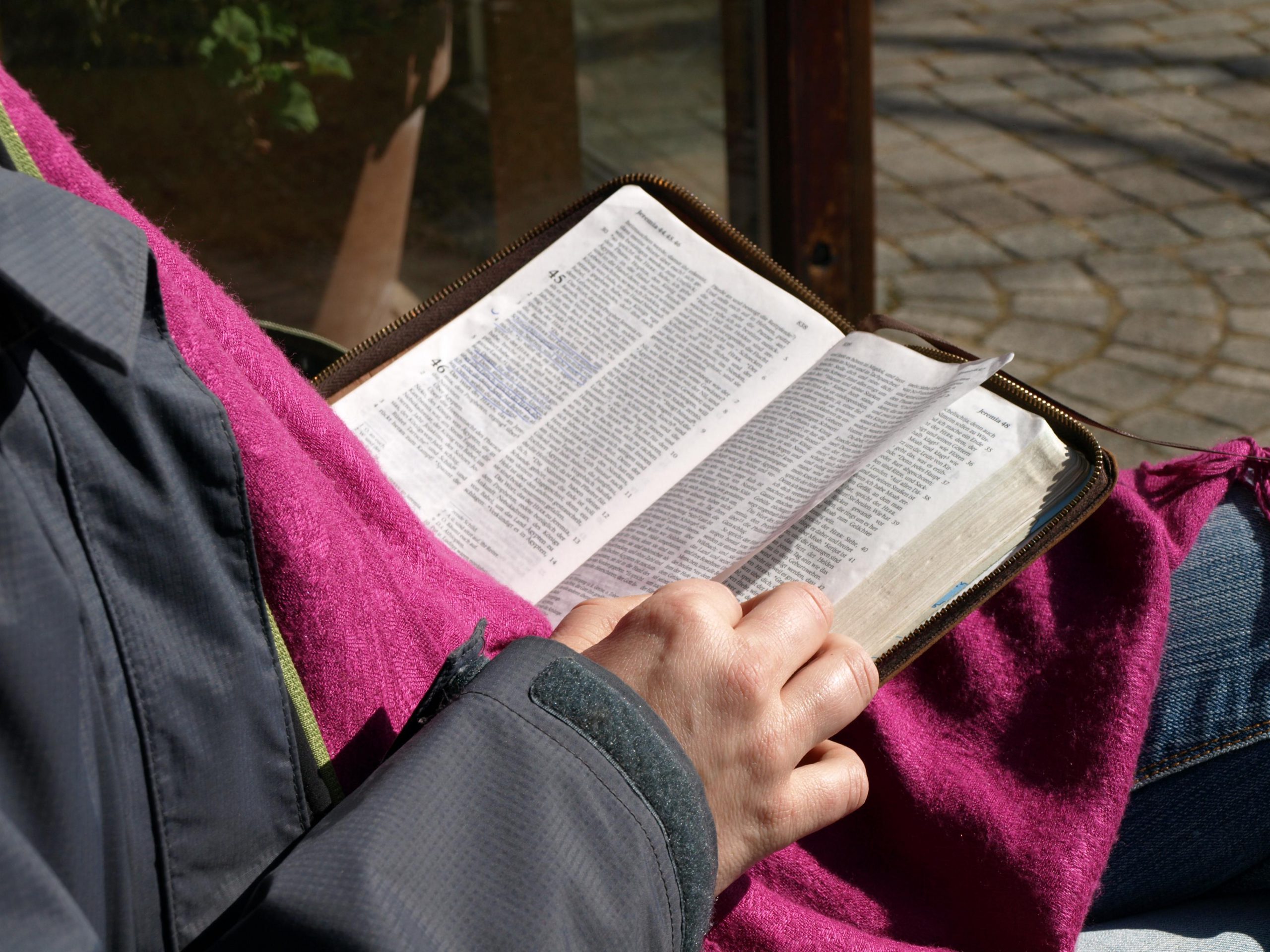
The Bible remains more widely read than any other book because it is more than a book.
Blessed are the poor in spirit, for theirs is the kingdom of heaven (Matthew 5:3).
The Bible is by far the best-selling and most widely read book in history.
What a remarkably unlikely achievement! Ancients composed this library of scrolls in Hebrew and Greek two to three thousand years ago. Later ancients pulled together and canonized the Bible long before anyone imagined modernity and its conveniences and conundrums. Biblical stories of the divine hand parting seas, stilling the sun, healing the blind and leprous, and raising the dead strain credulity to the max.
Worse still, we read the Bible in wildly varying ways. Some sift through it for moral codes, perhaps also for promises of reward or warnings of punishment, depending on obedience. Others seek clues to forecast when God will rein in the grand, tragic, and pathetic human story and usher in the peace we wanted all along but did so much violence to attain. Still others love the literature, the cadences of the poetry, the intrigue of the tales, the insights into the soul.
Then there are those who do not so much search the scriptures as let the scriptures search them. These read as an act of prayer, opening their hearts when they open the book. Certainly they gain something from the aforementioned methods, finding guidance for living, foundations for hope, and resonance with the poetry and narrative. But ultimately, they let go of reading it like a newspaper or textbook and let the Bible speak. More precisely, they let the Word speak through the words.
The Lord God has given me the tongue of a teacher, that I may know how to sustain the weary with a word. Morning by morning he wakens— wakens my ear to listen as those who are taught. The Lord God has opened my ear, and I was not rebellious, I did not turn backward (Isaiah 50:4-5).
We earn our academic degrees by learning how to read critically with a “hermeneutic of suspicion,” an approach to all texts that uncovers and questions biases and ulterior motives. Then we, the rational individuals, can decide what we think. Such reading has its place; in fact, such reading of scripture has its place. Reading the Bible uncritically can lead to great violence socially and inwardly. Moreover, we can miss opportunities to let the the Spirit form us through scripture if we let uncritical biases rule our reading.
But the Bible is the best-selling, most widely read book in history because it is not simply a book. Just as God, with infinite irony and love, chooses to convey infinite love in the fellowship of sinful mortals, to reveal saving truth “not to the wise and intelligent” but to “infants” (Matthew 11:25), so God uses these otherwise antiquated texts to fire our souls today.
It is a miracle, like the parting of seas, the healing of the blind and dumb. It is, indeed, the healing of the blind and dumb. For this odd and ancient collection, I am convinced, gives us eyes to see and ears to hear.
“For now, we see through a glass dimly, but then face to face” (1 Corinthians 13:12). Those who will see face to face prepare with their reading of the Bible or at least their hearing of the word, placing aside the ego of the rational individual, and assuming their more honest, vulnerable self, the infant with arms open for holding, mouth open for milk.
This post is dedicated to Bryant Steele.
Related Posts
Embarrassed No More by Miracles
Gratitude First
Humble Gratitude


0 Comments